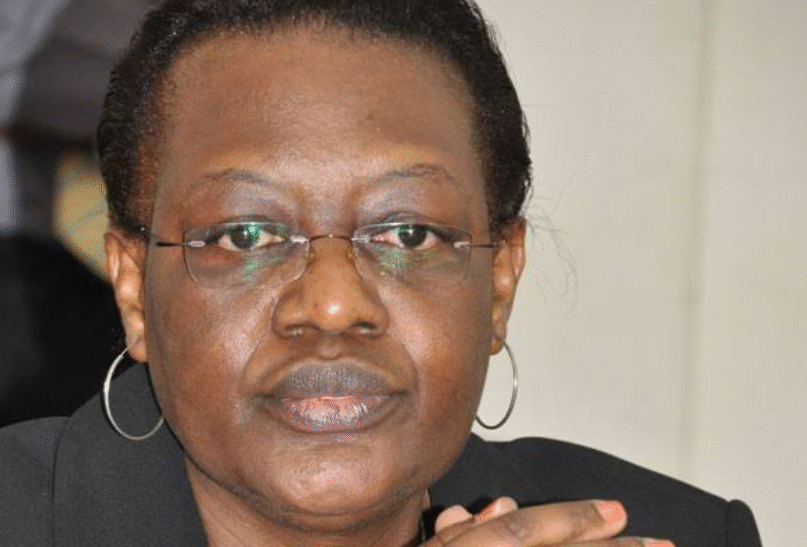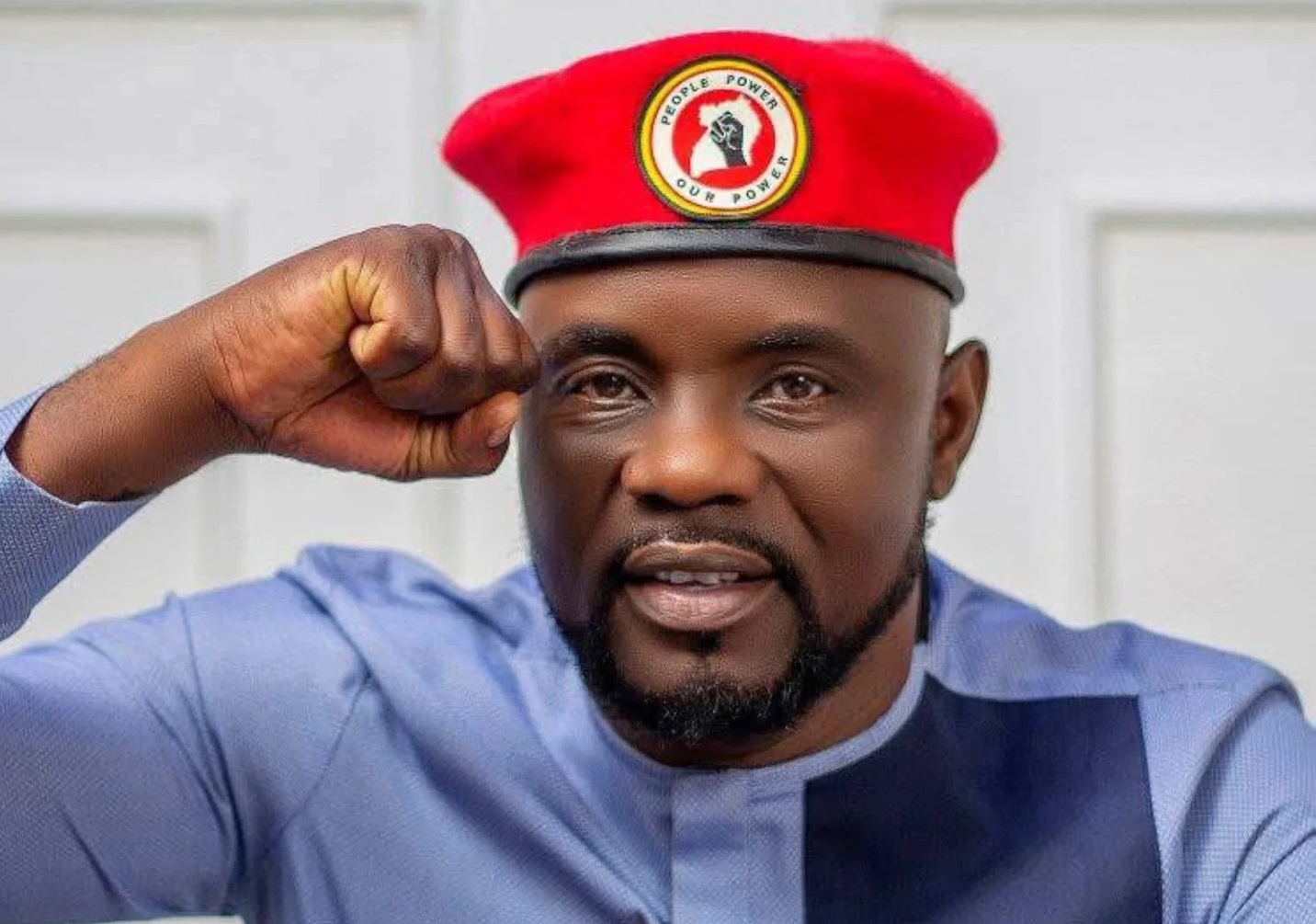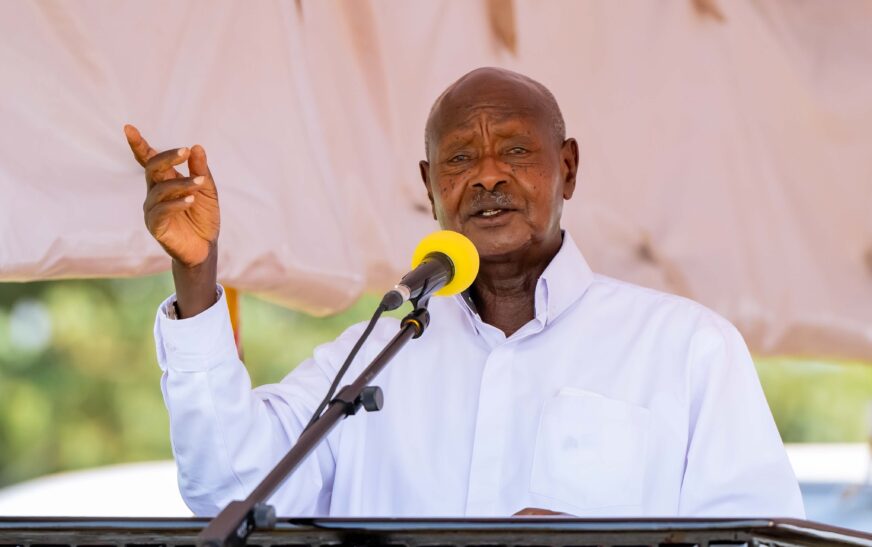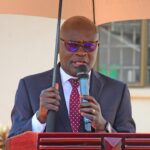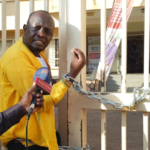Court of Appeal and Constitutional Court judge, Justice Irene Mulyagonja, has decried Uganda’s deteriorating healthcare system following the death of her husband, John Baptist Kakooza, a renowned city lawyer and human rights advocate. Kakooza passed away last week due to undisclosed health complications.
Speaking during a requiem mass at Rubaga Cathedral, Justice Mulyagonja shared the painful ordeal they endured in search of proper medical care—a journey she described as “hospital tourism.”
“We began at IHK, then went to Nsambya twice, then to Mulago, and finally back to IHK. All of this happened over just two months,” she said.
Justice Mulyagonja explained that they were forced to move from one hospital to another primarily due to high medical costs.
“We started at IHK, but the costs were insurmountable. I simply couldn’t afford them on my own. I am a judge of the Court of Appeal and the Constitutional Court, but I couldn’t bring myself to start asking for money to take care of my husband. I had to find another way.”
They left IHK for Nsambya Hospital, hoping to find affordable care, but were again met with steep costs.
“I thought Nsambya would be a place of refuge, but it, too, had become more expensive than we anticipated.”
Eventually, they turned to Mulago National Referral Hospital, a public facility. However, Justice Mulyagonja said the experience exposed deeper systemic failures.
“I could write a book about Mulago Hospital. It is called a ‘Specialized National Hospital,’ but what I witnessed speaks volumes about the state of healthcare in this country. Let those who have ears, hear.”
She recounted shocking shortages at Mulago’s private wing (Ward 6B), where essential medical supplies were unavailable—even insulin and nasogastric (NG) tubes used to feed patients.
“At the end of his life, John couldn’t eat. In the morning, they told us an NG tube would be inserted. The next shift came, made the same promise, then disappeared. By evening, someone finally told us, ‘We don’t have any.’ This, in what is supposed to be a National Specialized Hospital.”
Justice Mulyagonja emphasized that her husband, a lifelong advocate for justice, would not have forgiven her for remaining silent.
“John fought for the rights of others. I, too, have devoted my life to defending the vulnerable—those who cannot provide for themselves.”
She called on the government and the public to demand change in the health sector, warning that Mulago, once a symbol of national pride, now risks becoming a mere monument.
“You cannot be in Ward 6B of the National Specialized Hospital and wait 24 hours for a basic CBC result. For blood work, they tell you, ‘We can’t do that test here—please go outside and do it elsewhere.’ But it’s called the National Specialized Hospital. At least, that’s what it’s supposed to be. I no longer know what to call it.”

